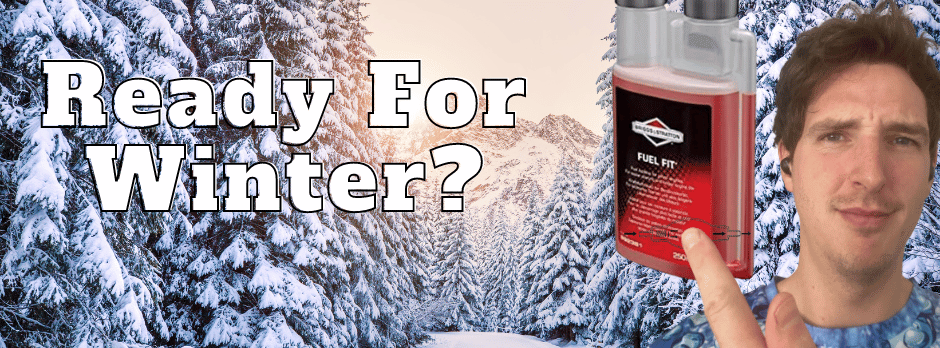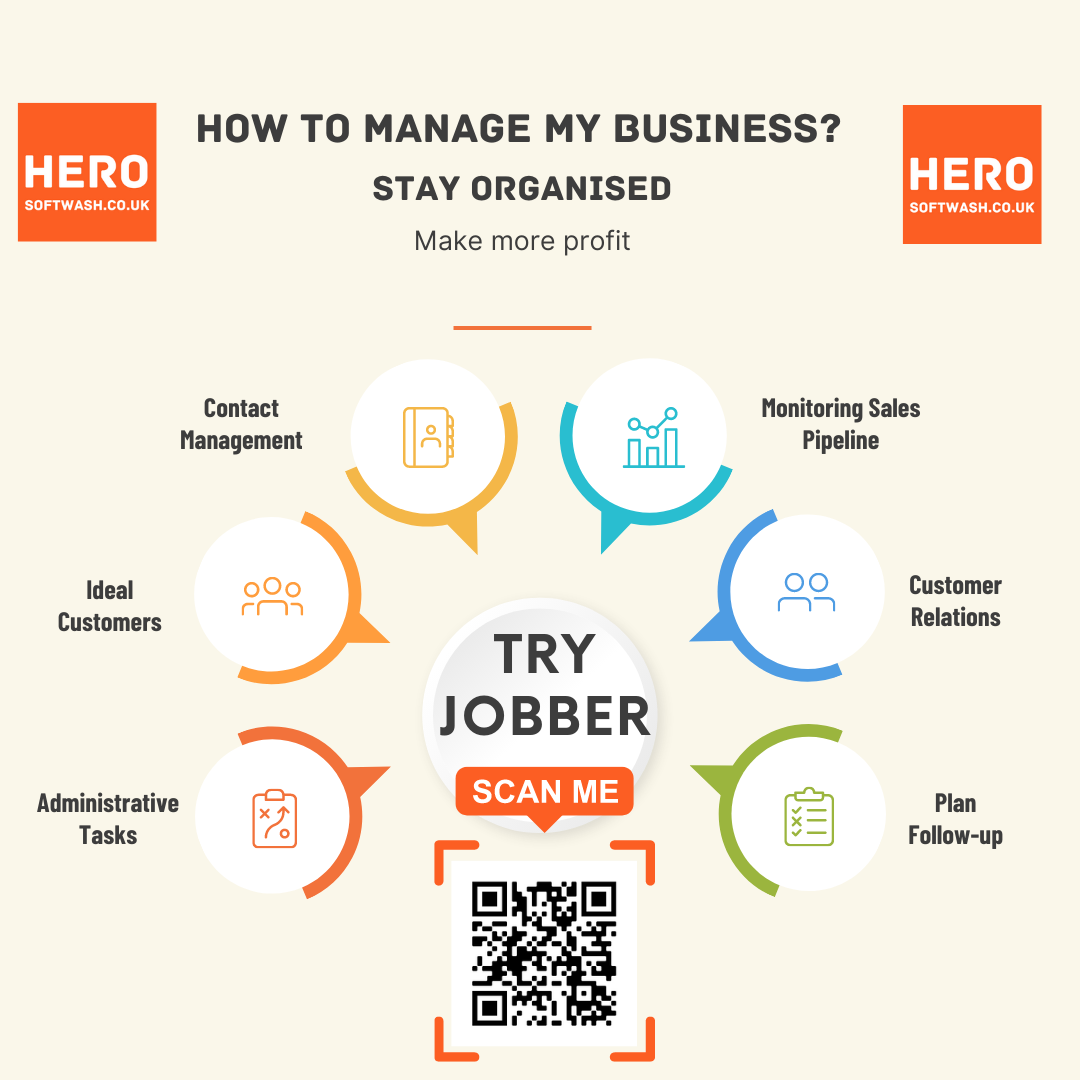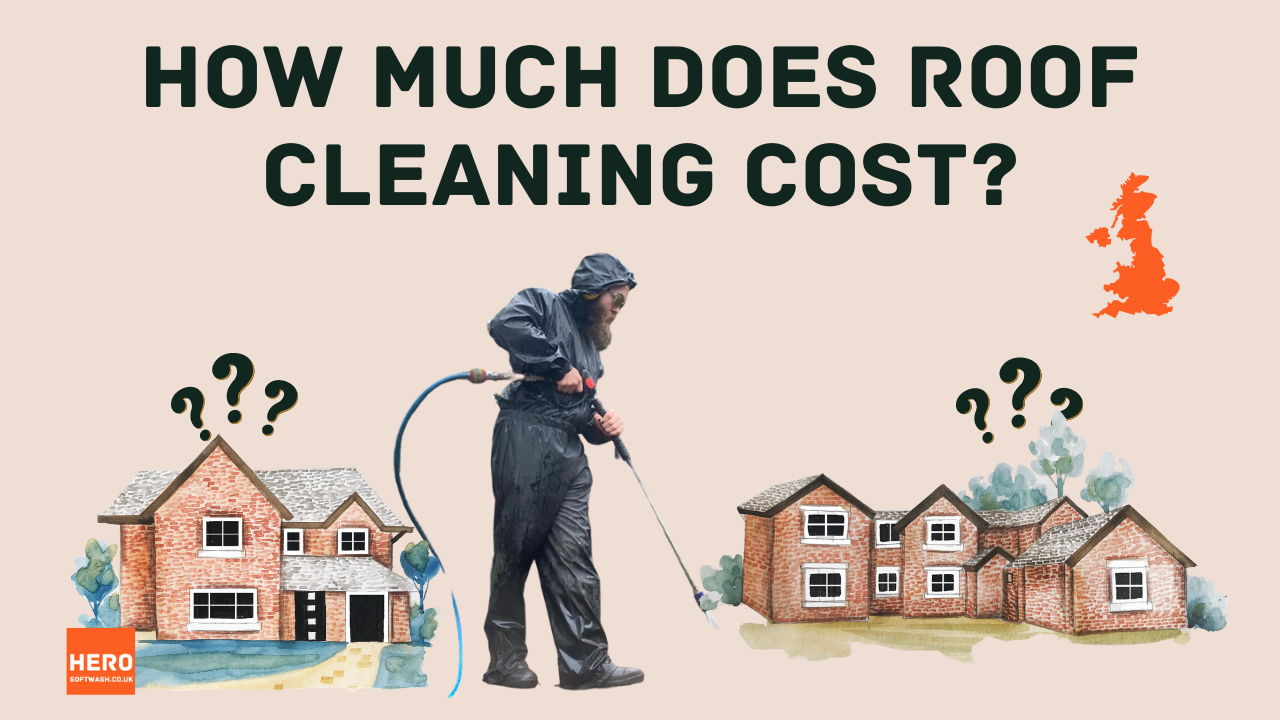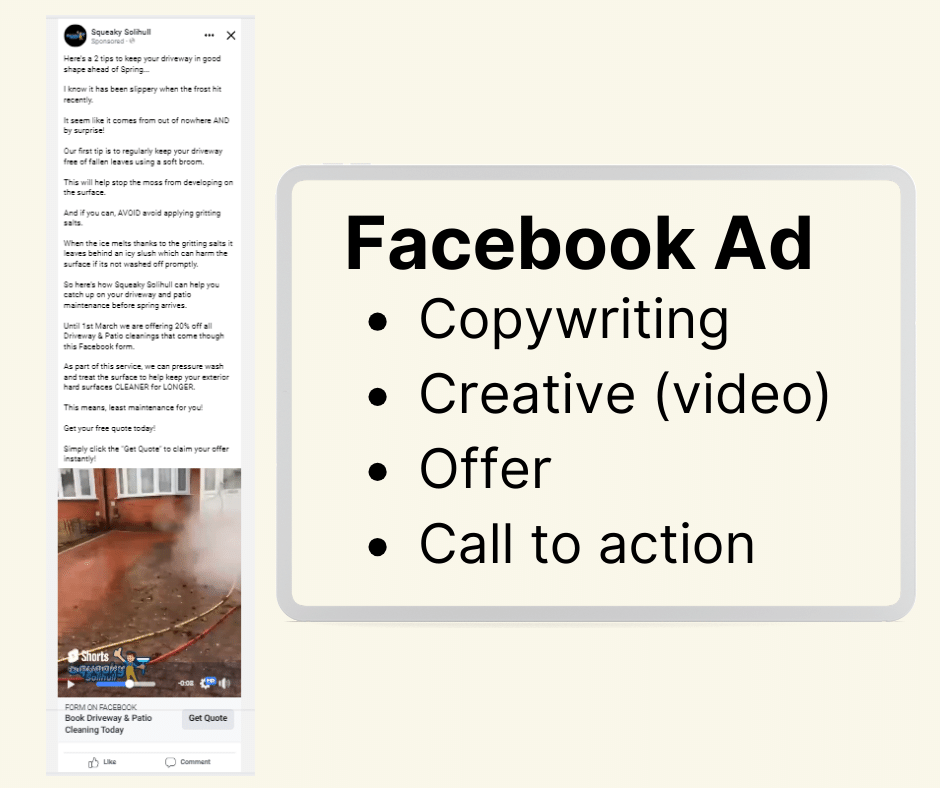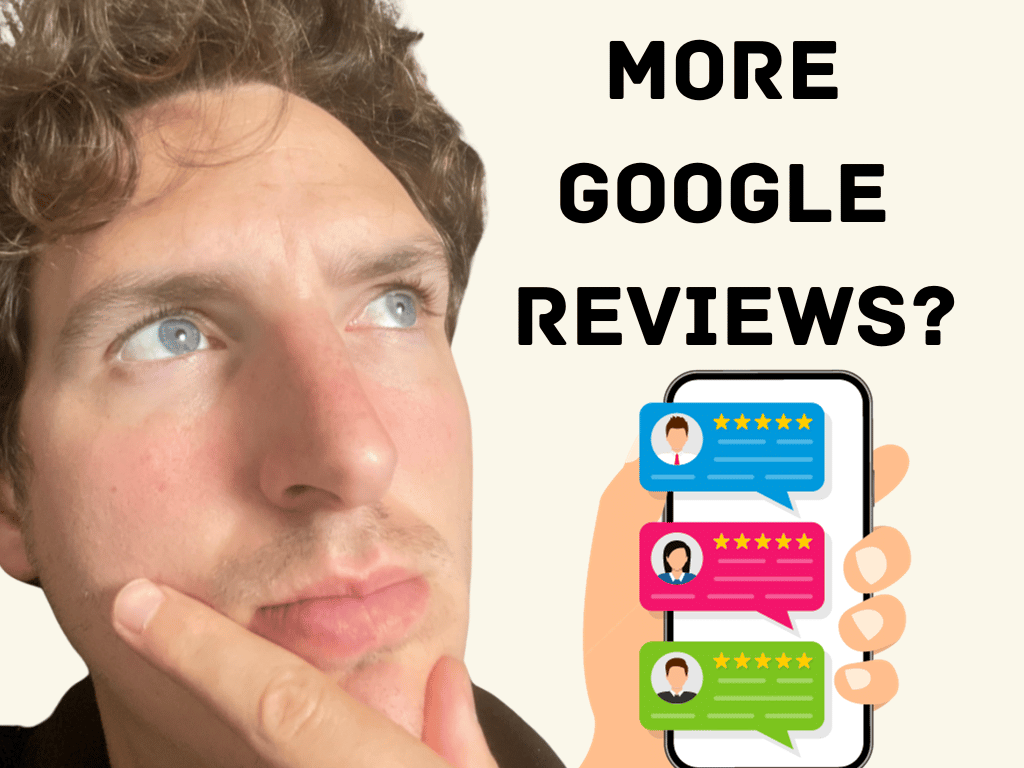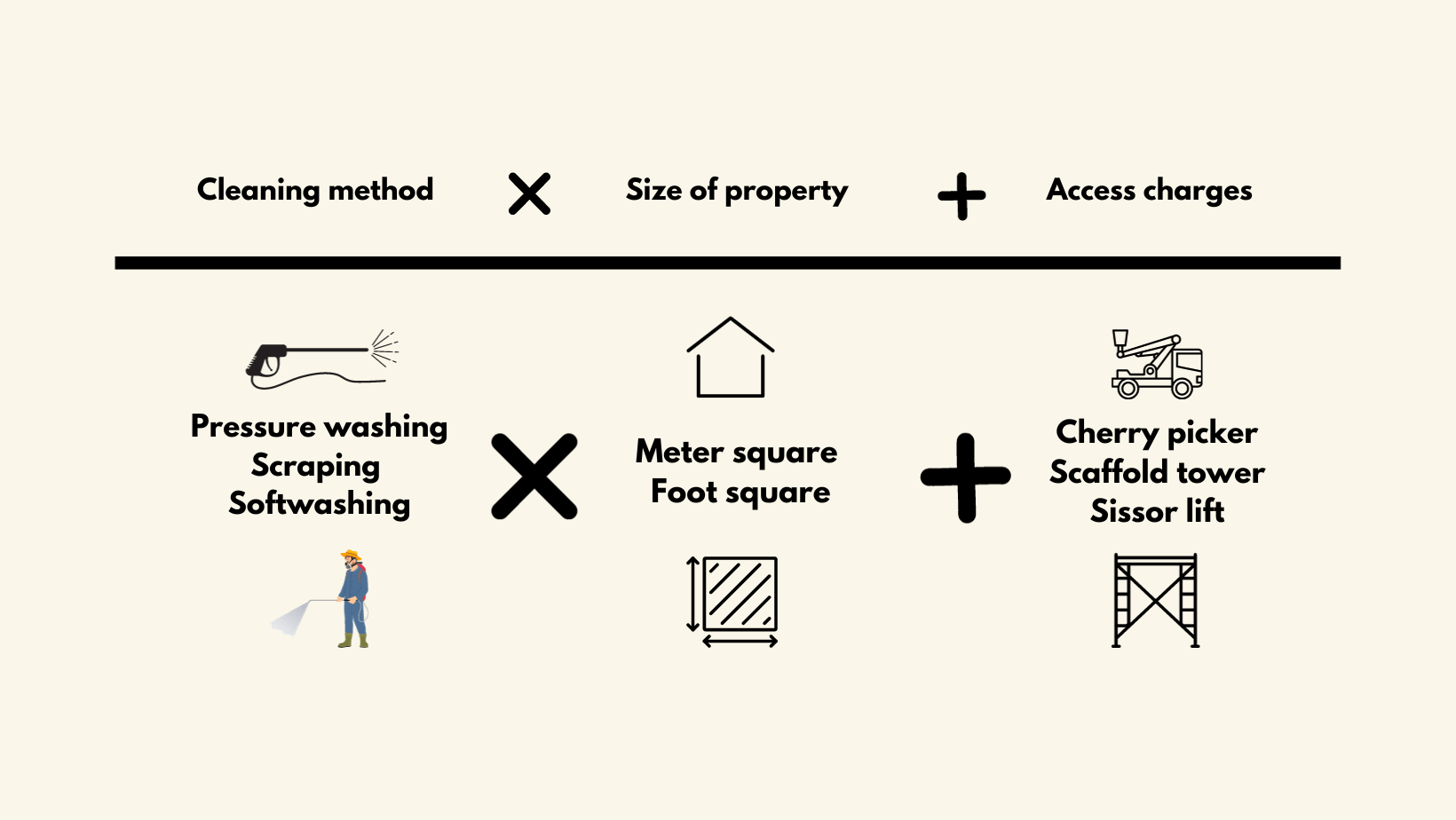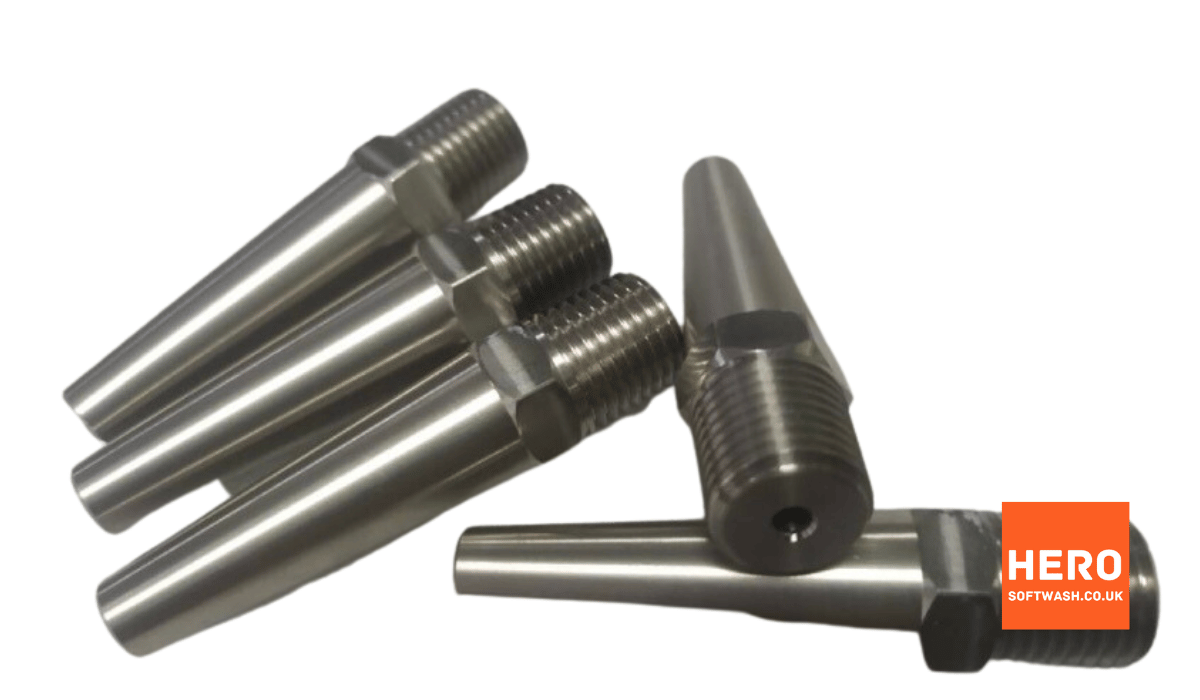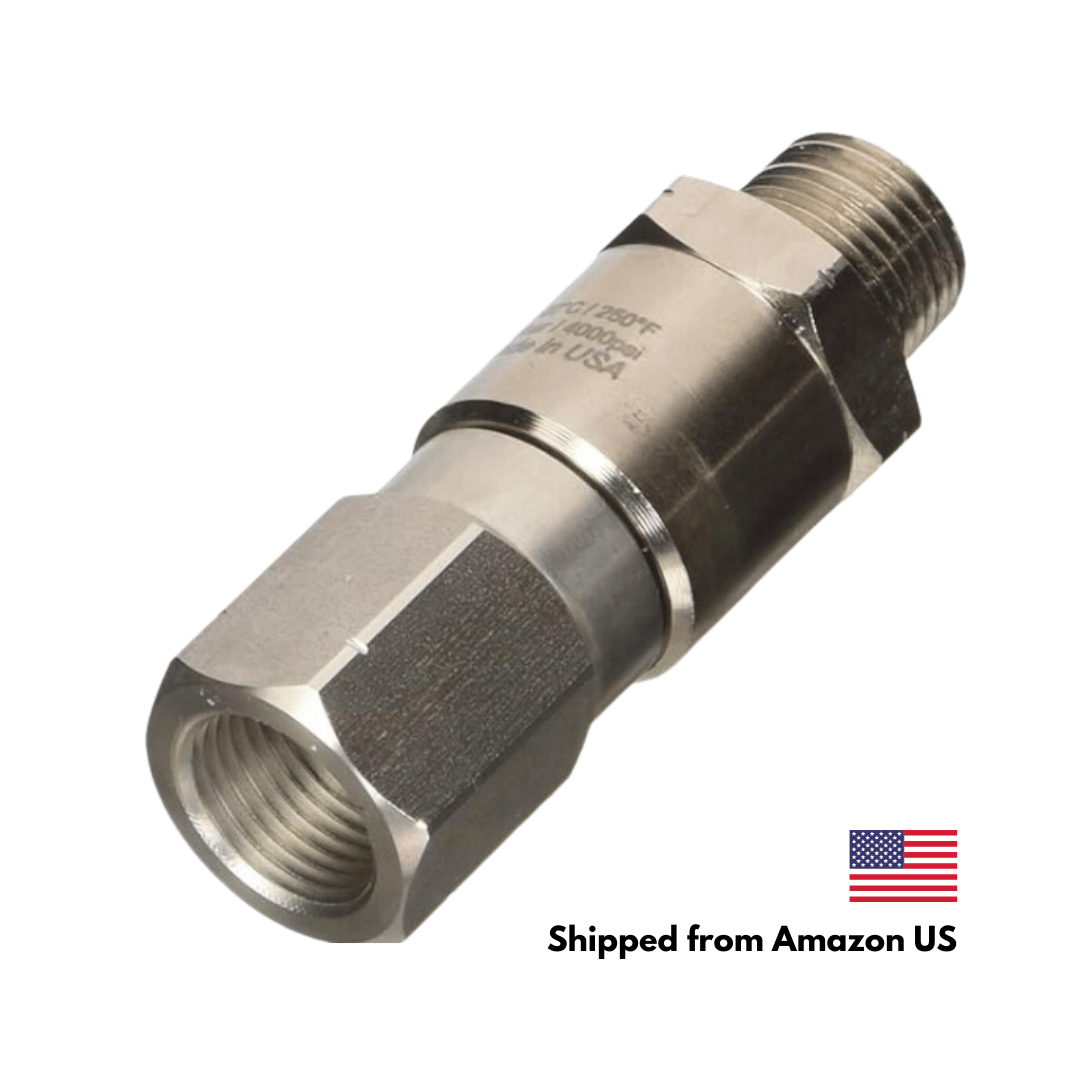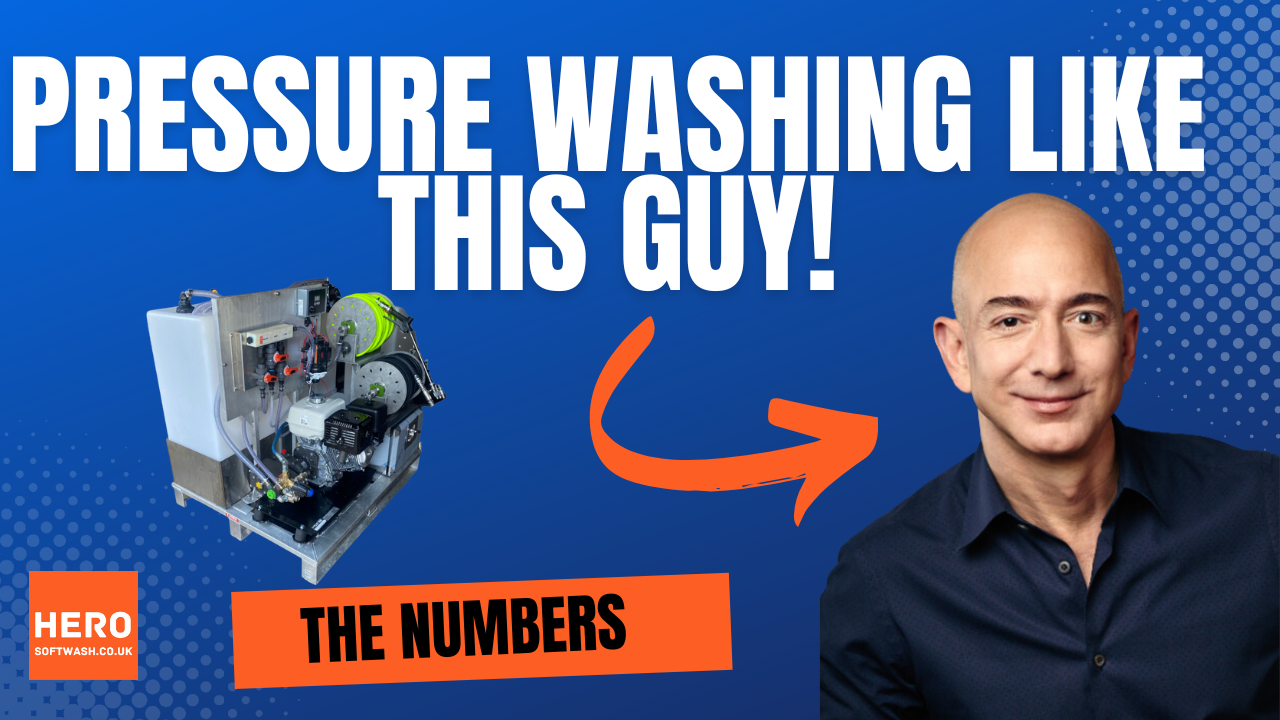What is a CRM and do you need one for your Exterior Cleaning Business?
Competing without software is like competing without electricity. The quick and wise words from tech guy Naval are more true than ever because In today's competitive business landscape, effective customer relationship management (CRM) plays a crucial role in the success of any service based cleaning company.
For Pressure washing and exterior cleaning businesses we will explore the concept of a CRM, its benefits and limitations for business owners like you and give clean examples of how a CRM can be utilised, and finally, guide you in selecting the best CRM for your pressure washing business.
What can a CRM do for Exterior Cleaning Business Owners?
A CRM system give your cleaning business a number advantages. Here are some key benefits:
- Centralised Customer Data: A CRM enables you to store and manage all customer information in one centralised database which I like to image as hub in the centre of a wheel. Each spoke holds customer contact details, service history, feedback, and communication logs for your customers. The CRM gives you easy access to history of interactions and communication which allows you to better understand your clients' needs and preferences, enabling you to deliver personalised services, quotes and makes offering repeat services a lot easier.
- Streamlined Communication: With a CRM, you can easily track and manage customer interactions. This can includes phone calls, emails, and even social media interactions. By having a clear overview of past conversations and actions, you can ensure timely follow-ups and build stronger customer relationships.
- Efficient Scheduling and Task Management:
Many CRMs offer features for appointment scheduling, task assignment, and reminders. These features can help you optimise your work schedules, assign tasks to your team members, and ensure that nothing falls through the cracks.

What Does a CRM NOT Do for Exterior Cleaning Business Owners?
While a CRM offers numerous benefits, it's important to understand its limitations. Here are a few things a CRM typically does NOT do:
- Replace Human Interaction: While a CRM system assists in managing customer info and interactions, it cannot replace the value of personal communication. CRM’s still require your input and they will not work 100% automated. You are still required to integrate using your CRM into your day to day running of your business.
- It does not guarantee customer satisfaction: A CRM is a tool to enhance your customer relationships, but it does not guarantee customer satisfaction on its own. It's essential to provide high-quality services and ensure customer satisfaction through your actions and the quality of your work. Understanding how your CRM works will help you with this. Consider adding a CRM as a new small skillset to learn that will build up your overall skill set as a business owners.
- Automatic Lead Generation Machine: While some CRMs offer lead generation features, they typically require active input and strategies to attract potential customers. A CRM can help you manage leads effectively, but a CRM does not create marketing, it is a way of managing your customer interactions after you have attracted their interest. For example you have a facebook post and the lead would like a quote for a service, you would add their contact details to your CRM and shoot them over a quote.
Does a CRM Make Sales and Marketing Easier?

Yes, a CRM can significantly simplify your sales and marketing efforts. Here's how:
Targeted Marketing Campaigns: Somewhat of an advanced topic if you’re just getting started, with a CRM, a practical way you will use a CRM will be to segment your customer base based on various criteria, such as location, service history, residential or commercial. You can tag your customers in any way you like. This segmentation allows you to create targeted marketing campaigns, ensuring your messages reach the right customers around the right messaging and increasing the chances of conversions.
Sales Pipeline Management: A CRM provides visibility into your sales pipeline, allowing you to track new Enquiries (leads), Opportunities (requests), Quotes and Conversions (jobs). This helps you prioritise sales activities, identify bottlenecks, and make more informed decisions to improve your sales performance. Focus on what brings money into your business.
Automated Follow-ups: Many CRMs offer automation features, enabling you to send personalized follow-up emails or messages to customers based on predefined triggers or actions. This commonly looks like, if a customer did not pay an invoice in 7 days, your system will automatically message your customer “hey we’re still outstanding on your invoice”. These automated follow-ups can be sent by email… and most effective, sms! This is a huge time saving without manual intervention from you or your admin.
What is the Best CRM for Me to Choose as a Pressure Washing and Exterior Cleaning Business?
Selecting the best CRM for your pressure washing and exterior cleaning business depends on your specific needs and preferences. However our favourite is Jobber. We have tried a number of different CRM softwares inside our business over the years. The simplicity and still yet powerful features allow you to have all the power of a corporation in your pocket.
If you have enjoyed this article, personally I have put alot of through and effort in understanding the prinicples of a pressure washing business highlighting the 4 Key areas of a pressure washing business and how it relates to a CRM
If you want to learn more and see exactly why we believe
Jobber is the best CRM for Pressure Washing Business owners?
Best CRM
Blog Post4 Key Departments
Try Jobber
2 months for free
